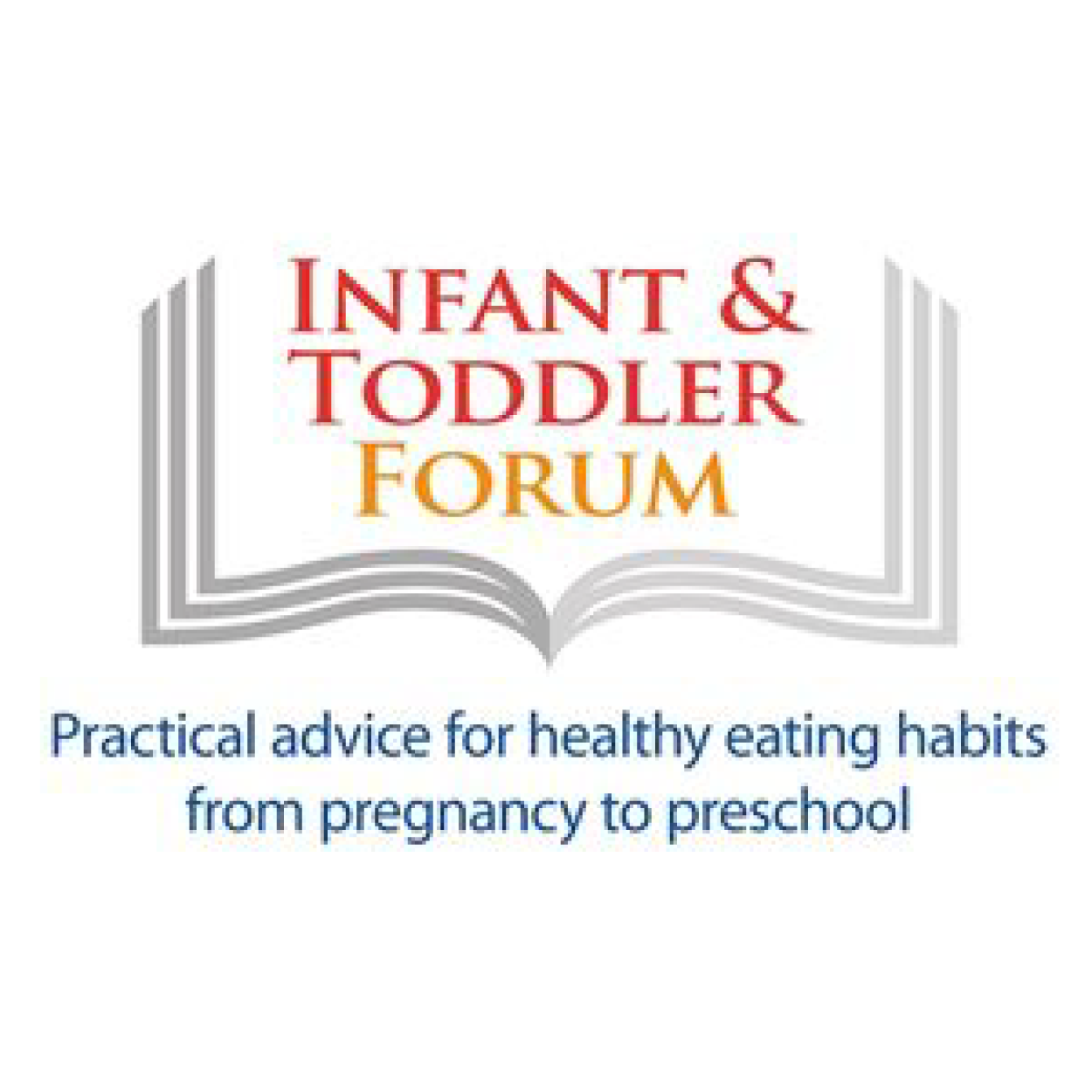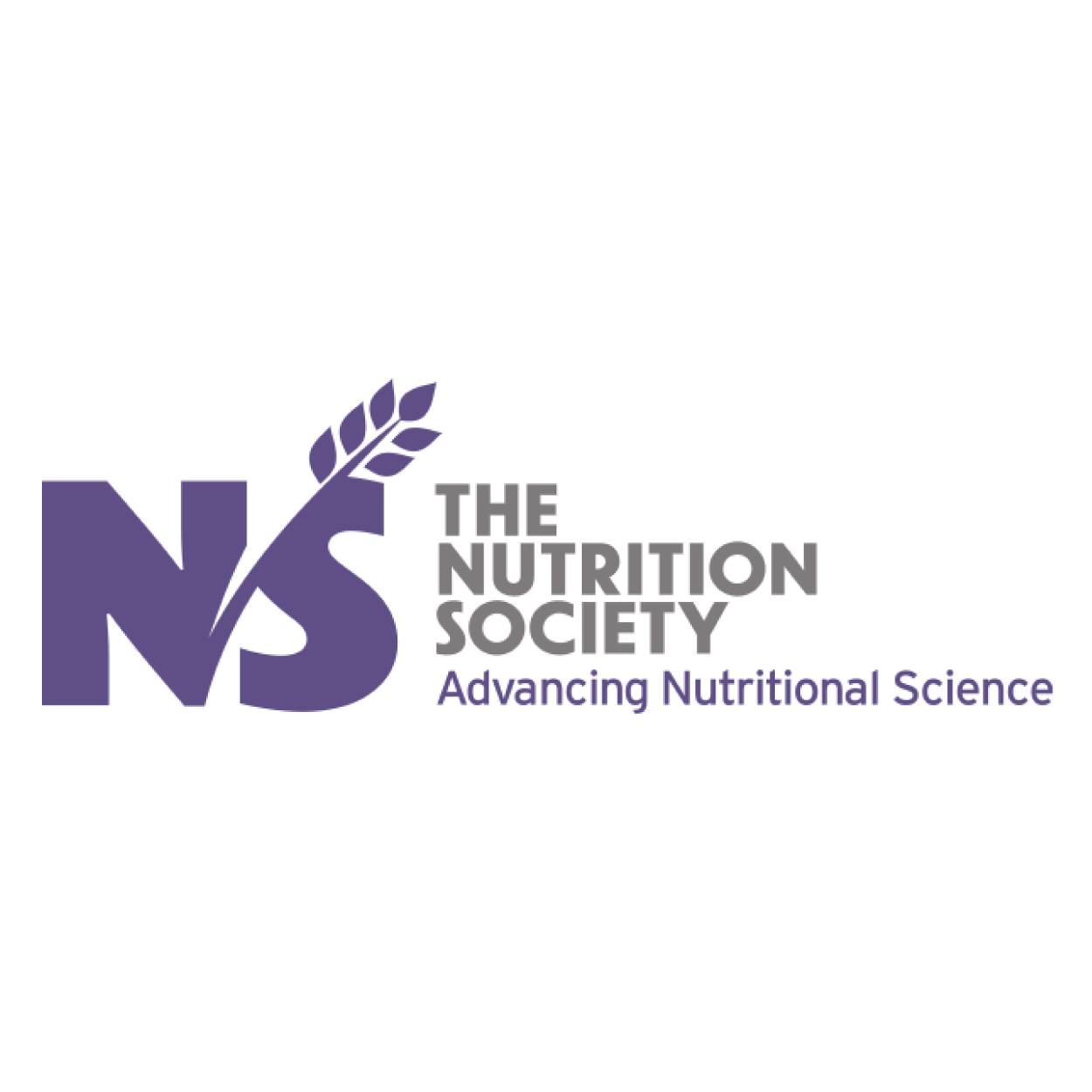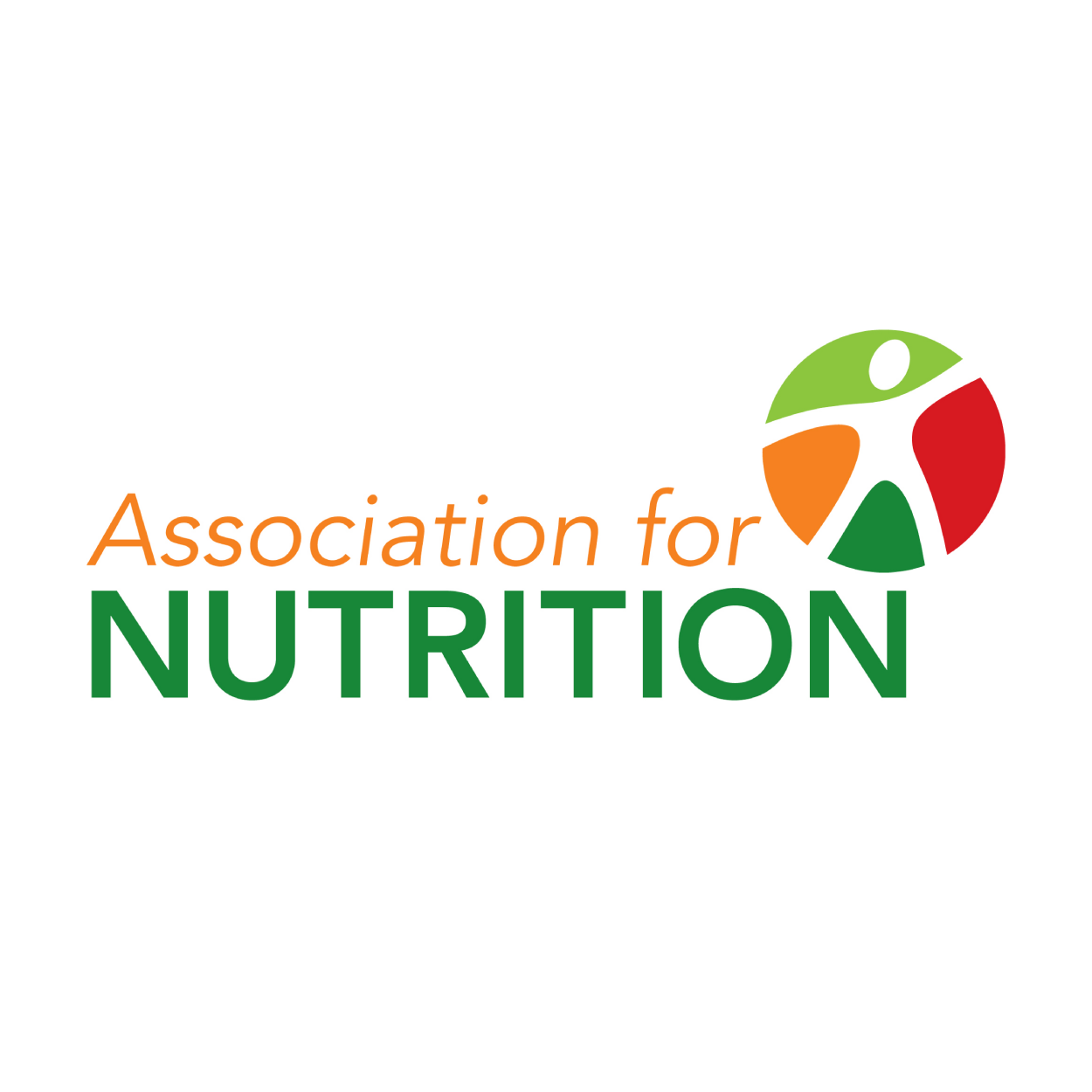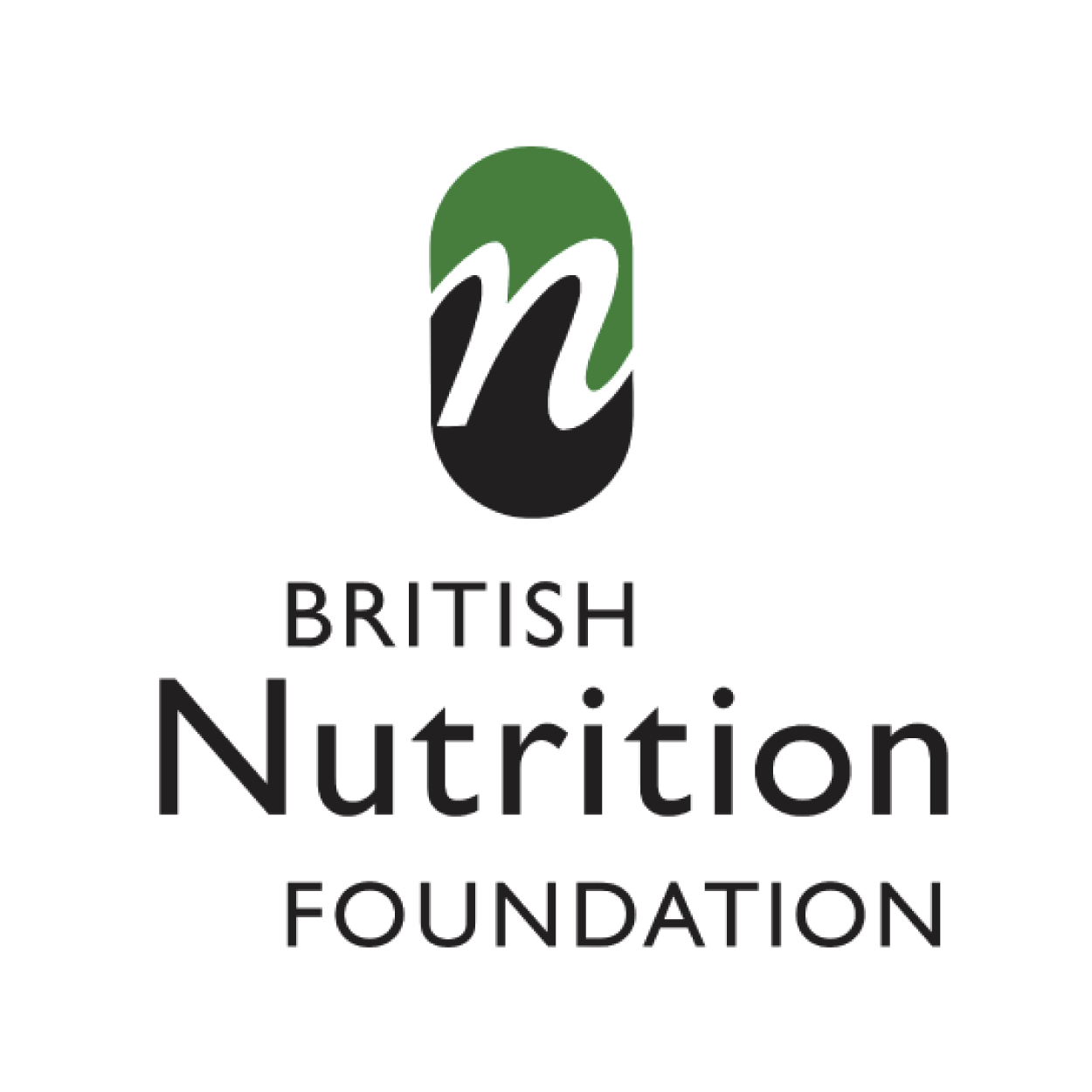Robert Mair, Judy More
First published on the British Journal of Family Medicine, December, 2015
Seven out of 10 mums are unaware of government guidelines around vitamin D supplements, while almost a third weren’t planning on giving their children the essential vitamin, a new survey from Colief has revealed.
Additionally, only 19% of mums felt they had been clearly advised on the importance of vitamin D. This is despite numerous campaigns to raise awareness of the issue and the risk of deficiency. It is becoming increasingly important to bridge this gap in knowledge and understanding, and primary care has a crucial role to play in addressing the situation.
Speaking to the British Journal of Family Medicine, Judy More said that all professionals working in general practice have a role to play in raising awareness, especially while we wait for further guidance from the NHS or Public Health England, following this year’s consultation on the subject.
“If you look at the NICE recommendations, they have several ideas on how awareness can be raised,” she said. “So for a GP practice, it would be about having a reminder on the computer to check when you see a pregnant woman, a breastfeeding mother or a child under 5, or an elderly person, that you would have an alert saying ‘Have you asked about vitamin D?’
“The other thing the practice could do would be to have the Healthy Start vitamins there, and issue them free to Healthy Start beneficiaries. So they could have them available there for people who are eligible. Or they could have them freely available for all their clients, or charge the nominal amount the government allows you to charge for them.
“Or, they could have leaflets available in the waiting room saying ‘are you aware of vitamin D?’. But awareness raising and advising clients on a 1-to-1 basis would be the best thing they could do.”
Vitamin D deficiency continues to be a problem, particularly in certain cohorts including pregnant and breastfeeding women, children under 5 years and the elderly. Despite numerous attempts by public health to address this, More believes it will take some time before these messages are common knowledge.
“The trouble is, public health messages take a long time to become embedded to the point where it’s what one neighbour says to another, and that’s where the gap is at the moment, and the onus is on everyone to publicise this,” she said.
“If you did a survey on this, you’d probably still find that most people think they get vitamin D from a healthy balanced diet. Oily fish is the best source – you get a small amount in eggs and red meat – and small amounts in the foods which some manufacturers are starting to fortify – some breakfast cereals, for example, and yoghurt. But not all of them [do this], so it’s very hit and miss, and certainly when you do your weekly shop, it wouldn’t be at the top of your agenda to check these things.”
But there have been some success stories, and More believes emulating these could lead to a breakthrough in public knowledge and understanding: “In Birmingham, for example, they give vitamin D free to every mother, not just the ones entitled to it under the Healthy Start scheme. And they found the uptake of it improved quite a bit; I mean, it only got to about 20%, but that was mainly through professionals advising people and them talking to their neighbours and friends about it.”
Additionally, with the UK’s latitude not conducive to producing vitamin D naturally throughout the winter, More’s take-home message was to urge people to consider supplementation: “Everyone should be taking a 10 microgram supplement as proposed by SACN (Scientific Advisory Committee on Nutrition), but which is not yet policy.”






